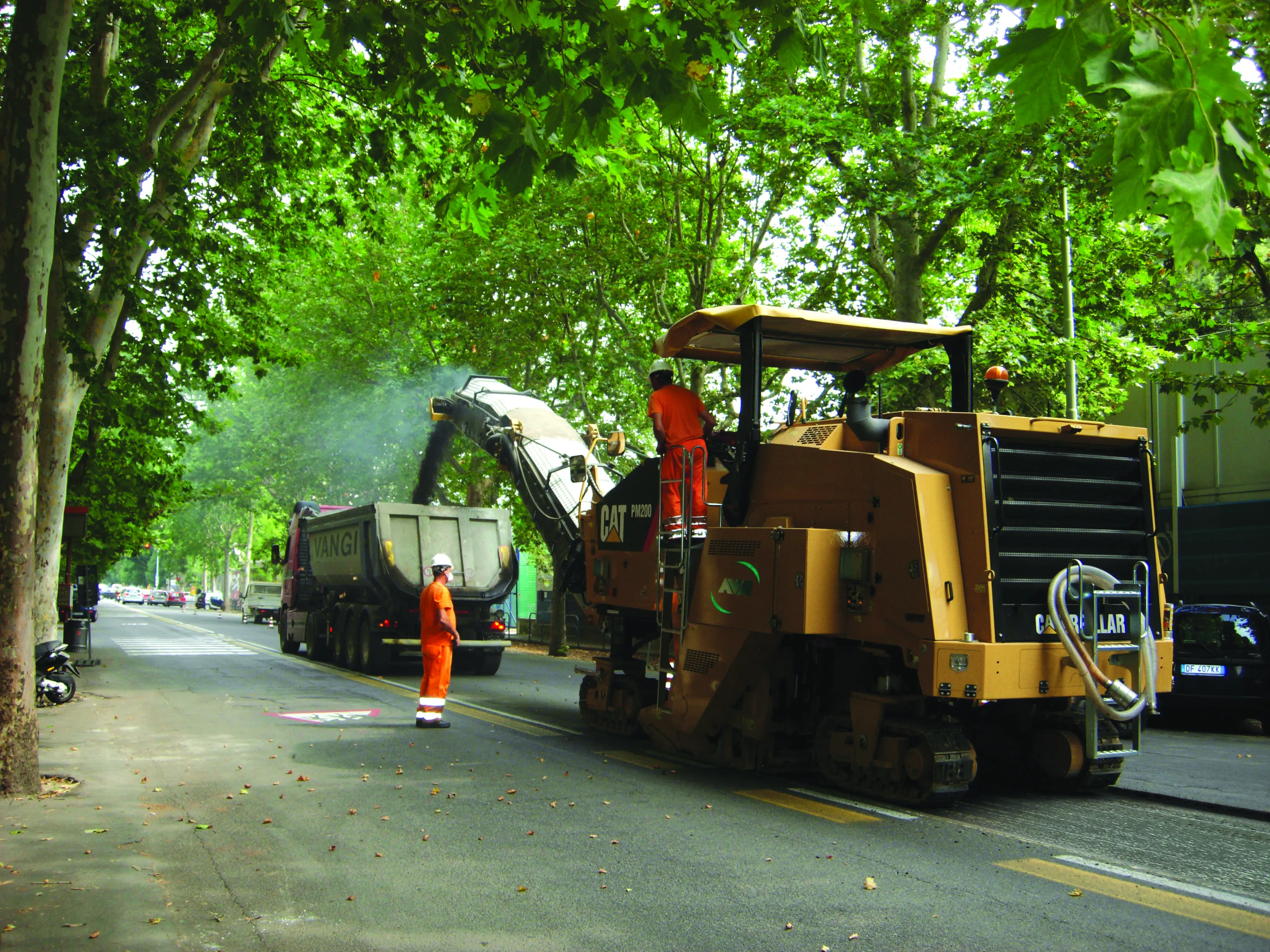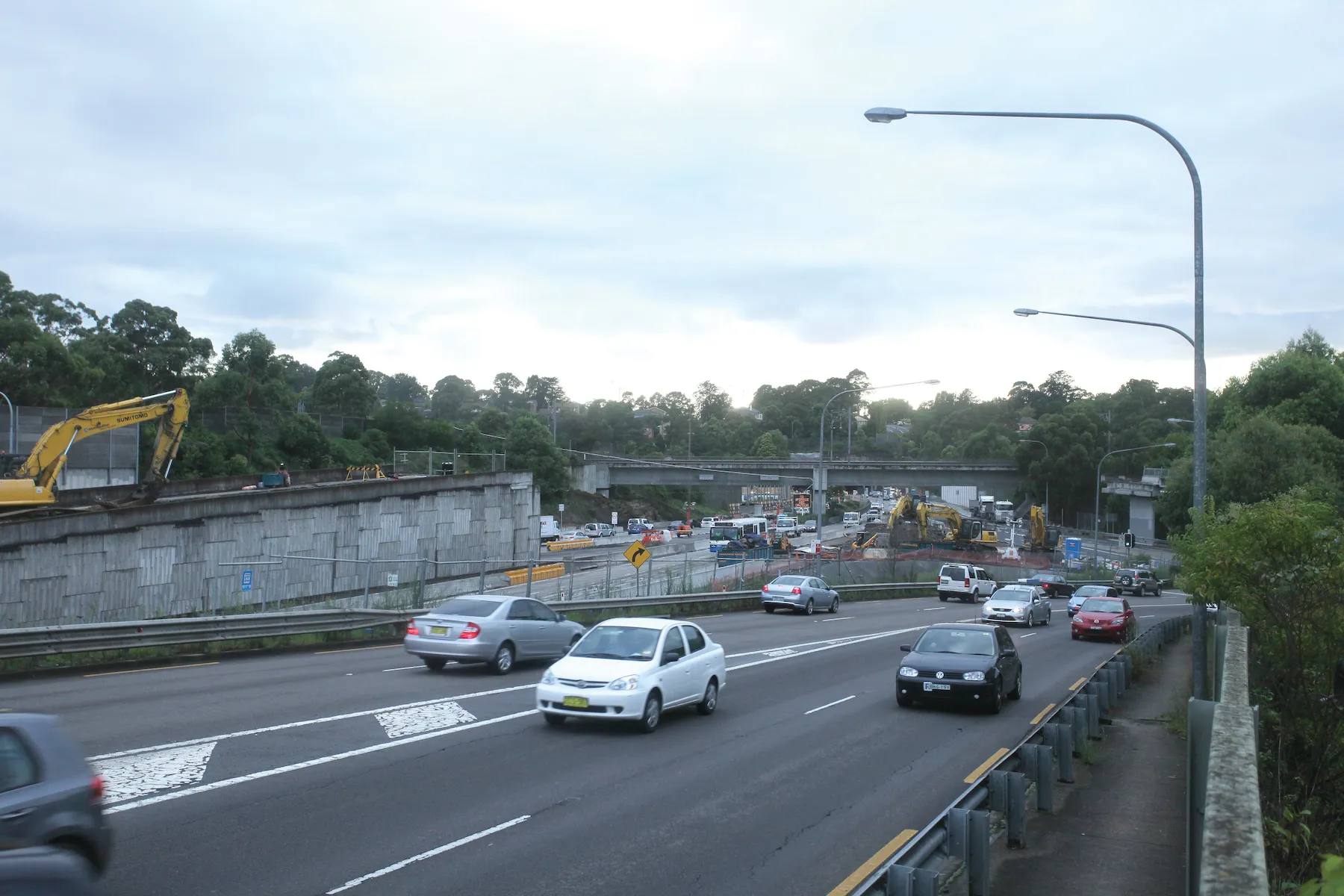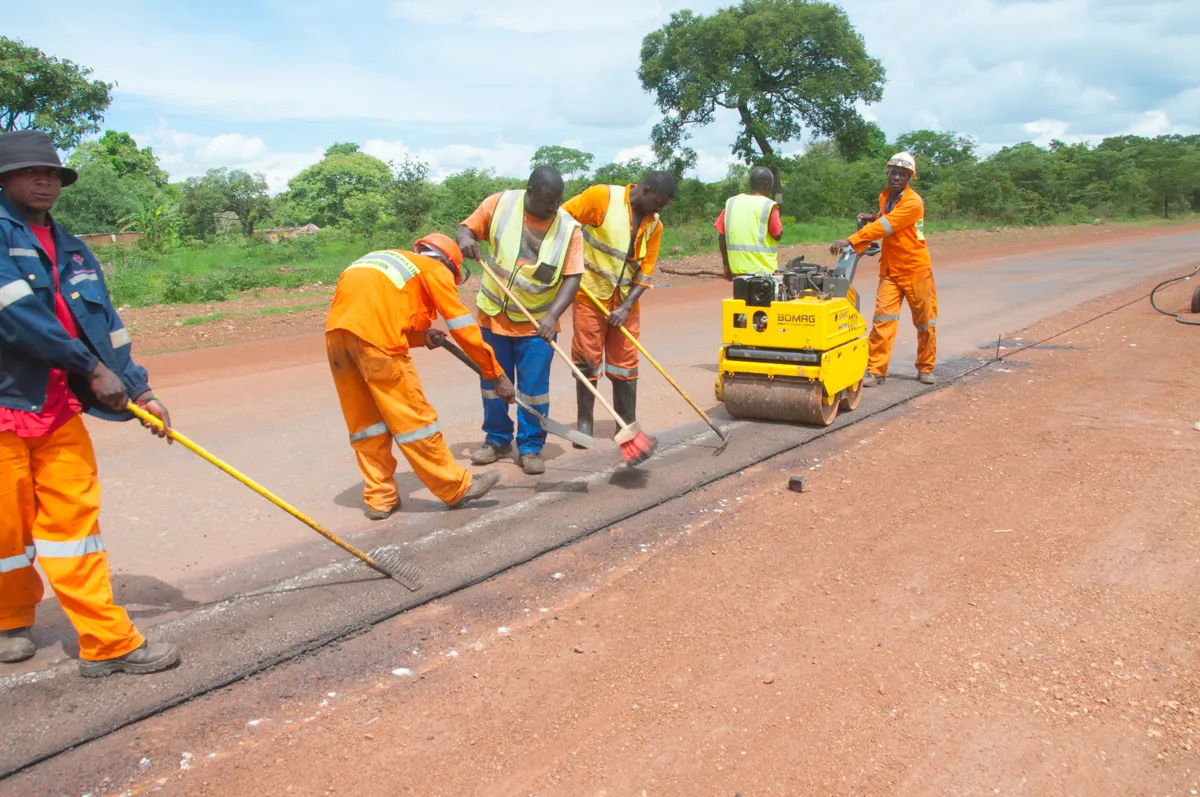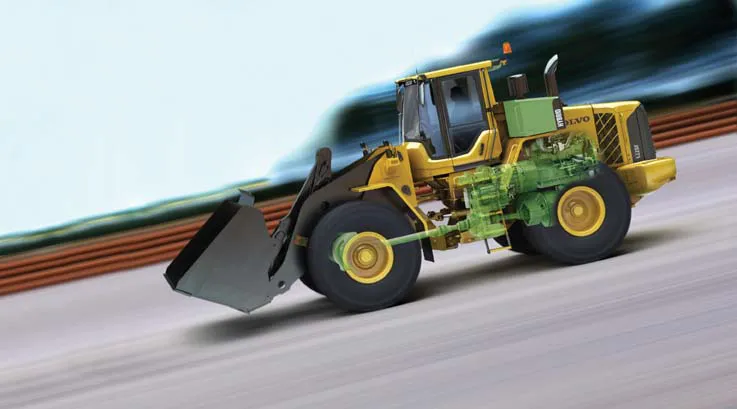
Yet repairs also have an impact. The historic areas usually attract tourists and their crucial economic contributions. If the street repairs create too much of an inconvenience, tourists are likely to avoid the area and a negative economic impact and a loss of goodwill with area merchants can easily result. But deteriorating streets that are not repaired also can impact travel, and reflect poorly on the community.
Outside visitors and merchants aren’t the only people of concern. The local residents who use the streets for their own purposes are also likely to be vocal over the condition and repair of roads.
Florence, Italy, found itself in a difficult balancing act. Streets in its District 5 were deteriorating rapidly. Yet the city couldn’t make comprehensive changes given the footprint of the roads in relation to the historical surroundings. Still, something clearly needed to be done.
Taking action
The city of Florence came up with an innovative plan. It gave Italian paving contractor AVR monitored the roads in a variety of ways. Its own staff spotted trouble spots. It also created a 24-hour call centre that could be accessed by police, city workers and AVR staff who observed potholes and other obstructions. The reports of road problems were categorised as “emergency,” when action was required within 45 minutes, or “non-emergency,” which allowed crews to respond within three days.
AVR also conducted its own safety analysis of the road network to identify infrastructure dangers, and prioritised the work associated with its findings.
Viale Corsica work
One District 5 street, Viale Corsica, quickly became a priority project. The extent of the deterioration meant the road needed to be repaired, not simply patched.The most urgent repairs were needed in the bus lane. The lane is crucial to travel for thousands in the district. The repair work would have to be completed quickly.
The bus lane is adjacent to other traffic lanes that had to remain open, meaning tight, maneuverable equipment was required. Yet the demands of the job meant productivity couldn’t be sacrificed.
AVR turned to the Cat® PM200 Cold Planer to remove the existing, damaged surface; the Cat AP600D Asphalt Paver to place the new surface; and a Cat CD54 Tandem Vibratory Roller to ensure the new mat had the density required to support the projected loads for a long time.
“The intervention was not particularly difficult from a technical point of view, but posed some problems relevant to the need of working on the congested road at peak times, having to leave one lane open,” said Lorenzo Porciani, AVR Manager. “We milled and rebuilt 4cm of mat, about 350m long and 12m wide.”
AVR SpA
• Work includes road building and maintenance.
• Handles commercial building construction.
• Sustainability efforts include reuse of asphalt during reclaiming process; also handles chemical and physical reclamation of polluted sites.
• Clients include a number of Italian governmental agencies.
• Operations in Lazio, Tuscany and Calabria, Italy; subsidiaries in Lombardy and Puglia.AVR watched the Viale Corsica project closely, as did City of Florence officials. Work on that street was used as barometer of how the equipment would handle necessary repairs on other tight streets. The project was successful, and now medium to large interventions—those above 100m² of extension—will use five Cat machines: The PM 200, AP600D, CB34XW, CB434D and CD54.
Choosing a machine
AVR chose Caterpillar because of the machines’ productivity and the customer service support through Italian Dealer,“We opted for a Caterpillar fleet, for the undoubted excellent features of the machines that were also praised by another important company with whom we worked in the past,” said Porciani. “We also appreciated the guarantees offered by a Cat Dealer such as CGT. From technical assistance to rental, if needed, we know we can count on them, with the great advantage of having a single point of contact for all needs.”
The final results
The machines performed well on the Viale Corsica jobsite. “Thanks to the high productivity of the Cat PM200, to the excellent qualities of paving and compaction of the AP600D and CD54, we finished in a day, and replaced the road signs the following day,” Porciani said.The Cat machines continue to handle the more extensive District 5 repairs, while AVR also pursues other improvements such as pothole patching. The scope of the work has proven to be a success for both AVR and the City of Florence. In six months more than 5,000 potholes were filled in District 5, including 143 emergency patching projects. In addition, more than 84 milling and repaving operations occurred on 20 different district streets.
“For the toughest jobs, AVR relies on









